Articles
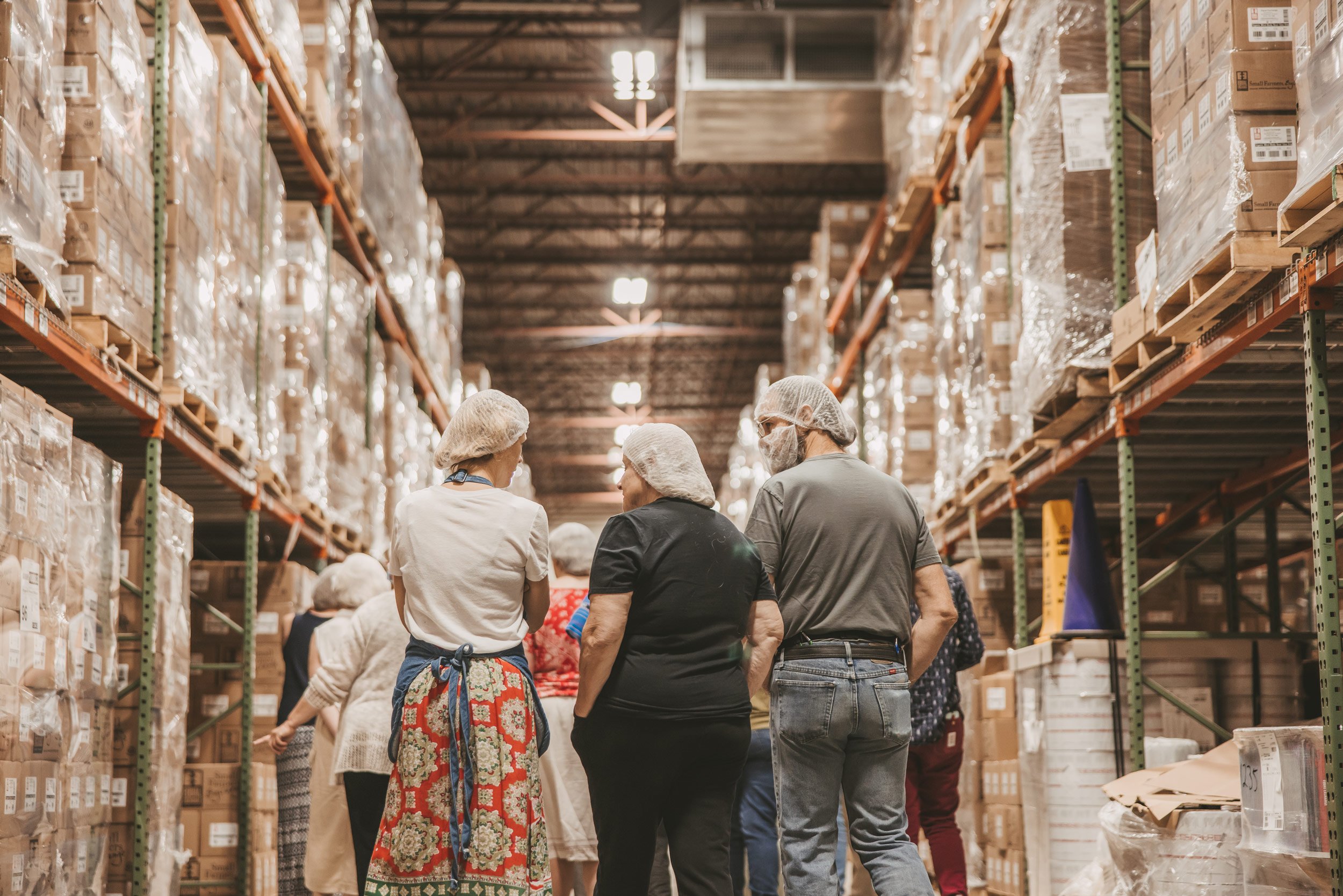
Sue Morris's Awesome Grassroots Distribution System: Just Food Hub
Just Food Hub is a volunteer group that distributes ethically sourced food to consumers, local organizations, buying clubs, and small businesses throughout New England. Sue Morris, a retired writer and editor living in Marshfield, Vermont, created the organization in 2021. Due to their amazing efforts, Sue and her husband, John, are one of Equal Exchange’s top customers. Sue shares more in her own words.
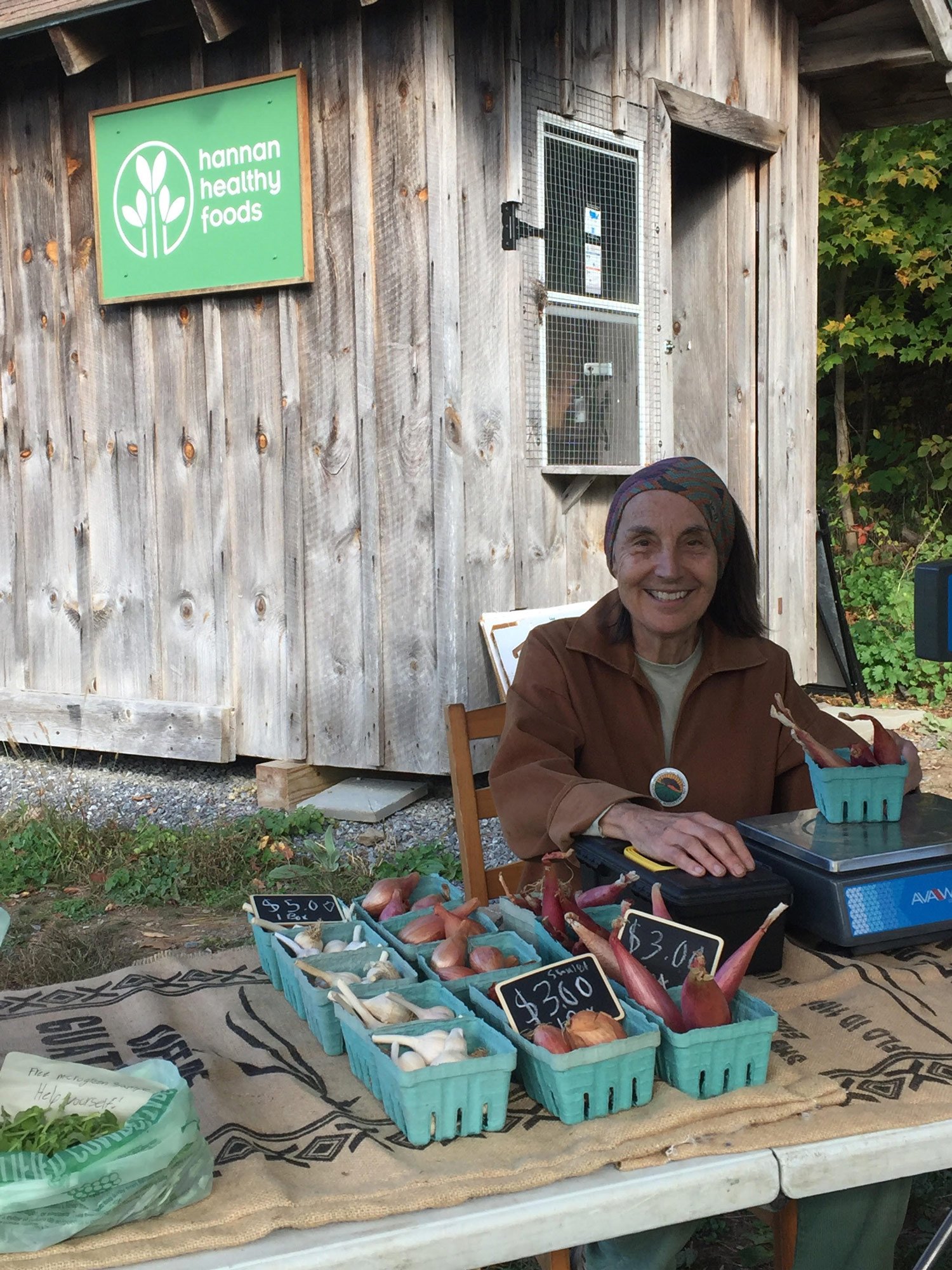
Citizen-Consumer Reflection: Strength in the Commitment of Many
Thirty-seven years ago, I did not identify primarily as a consumer, and the label still doesn’t quite fit, but I did identify as a citizen open to learning how Nicaraguans were creating more equal social relationships. When volunteering with newly formed sewing cooperatives, I met small farmers who shared stories of how they never were paid a fair price by the buyers of the fruits of their hard labor. I became a small bridge of sales of Nica coffee beans through Equal Exchange.

Becoming a Citizen-Consumer Board Director of Equal Exchange
I was elected to the board of Equal Exchange in June 2020, a couple days after my 22nd birthday. The prior year, I had attended the Equal Exchange Summit as a college student who really liked healthy food and desperately wanted a glimmer of hope that some businesses could benefit people and the environment.

How a Trip to Yellowstone Changed How We Think About Food
40 years ago, our family traveled to Yellowstone National Park to camp for a few days. When we entered the park, the ranger handed us a newspaper with the headline “Human Food Kills Bears”. That headline was about to change our lives and those of our progeny.
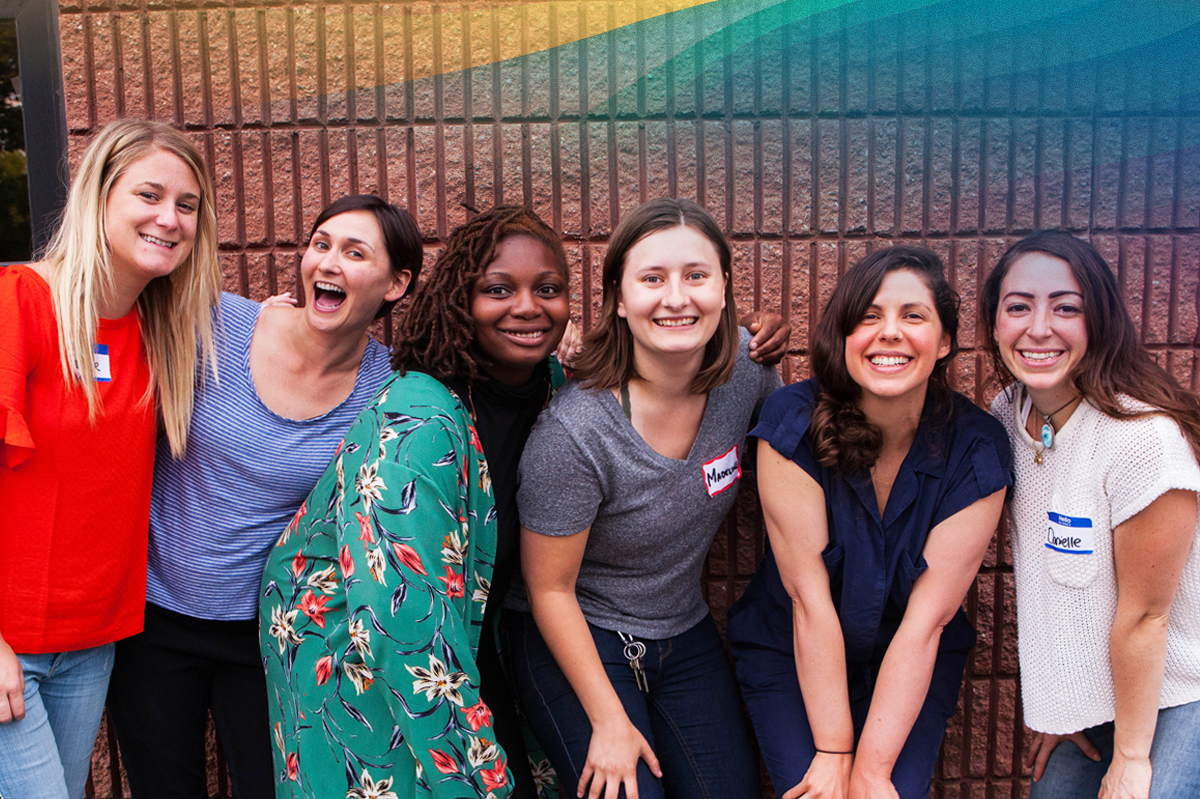
We Couldn’t Do It Without You, Citizen-Consumers
As Equal Exchange celebrates its thirty-sixth year of challenging conventional wisdom and structural inequities in the way food commodities are traded, we are once again taking stock in all that we have achieved and the daunting headwinds we are facing. Boy, are we glad we are doing this with all of you!
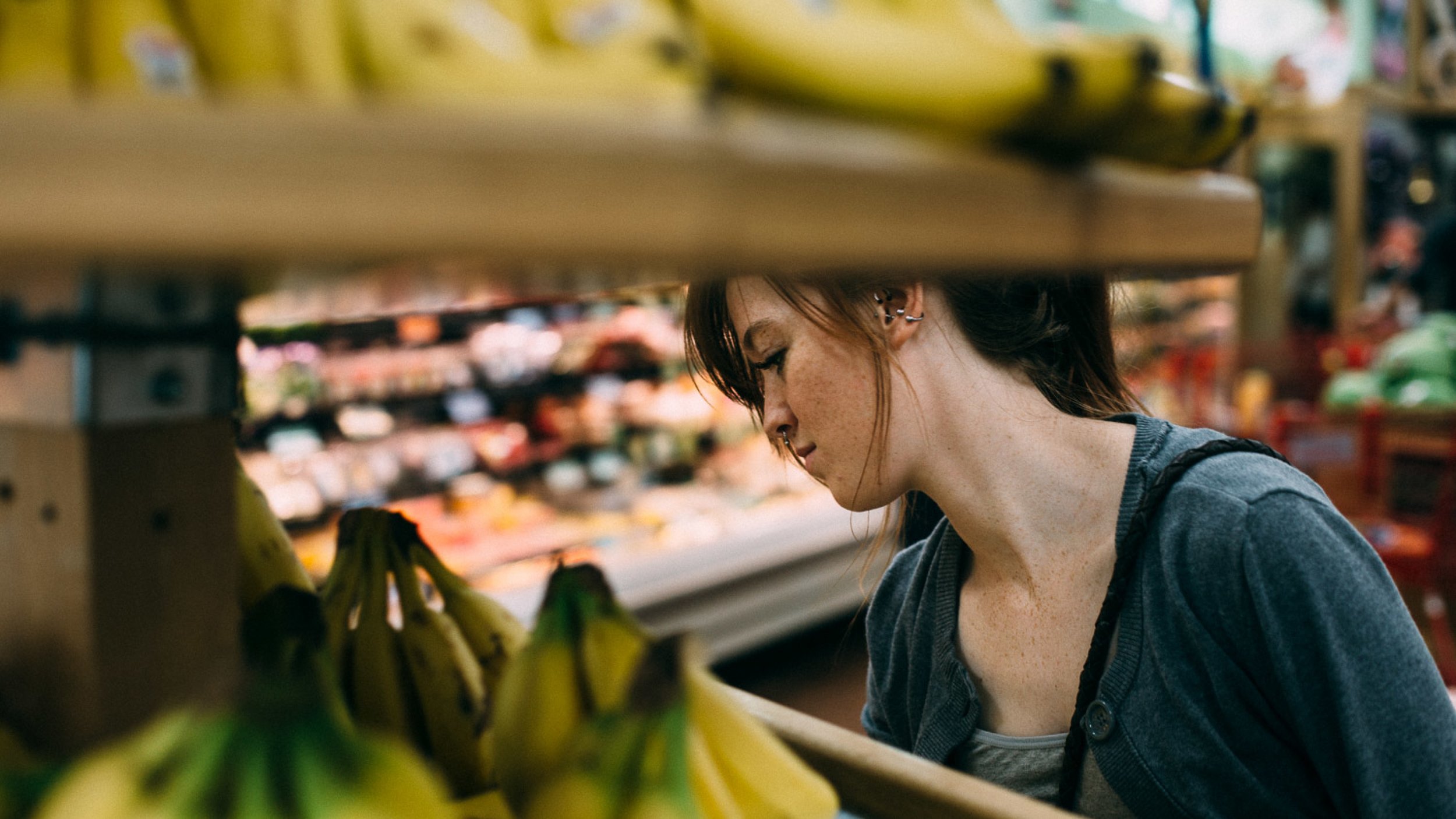
The Citizen-Consumer Dilemma: Part One
What are the high-level problems that we face as consumers, citizens and activists working within the U.S. and the global food marketplace?
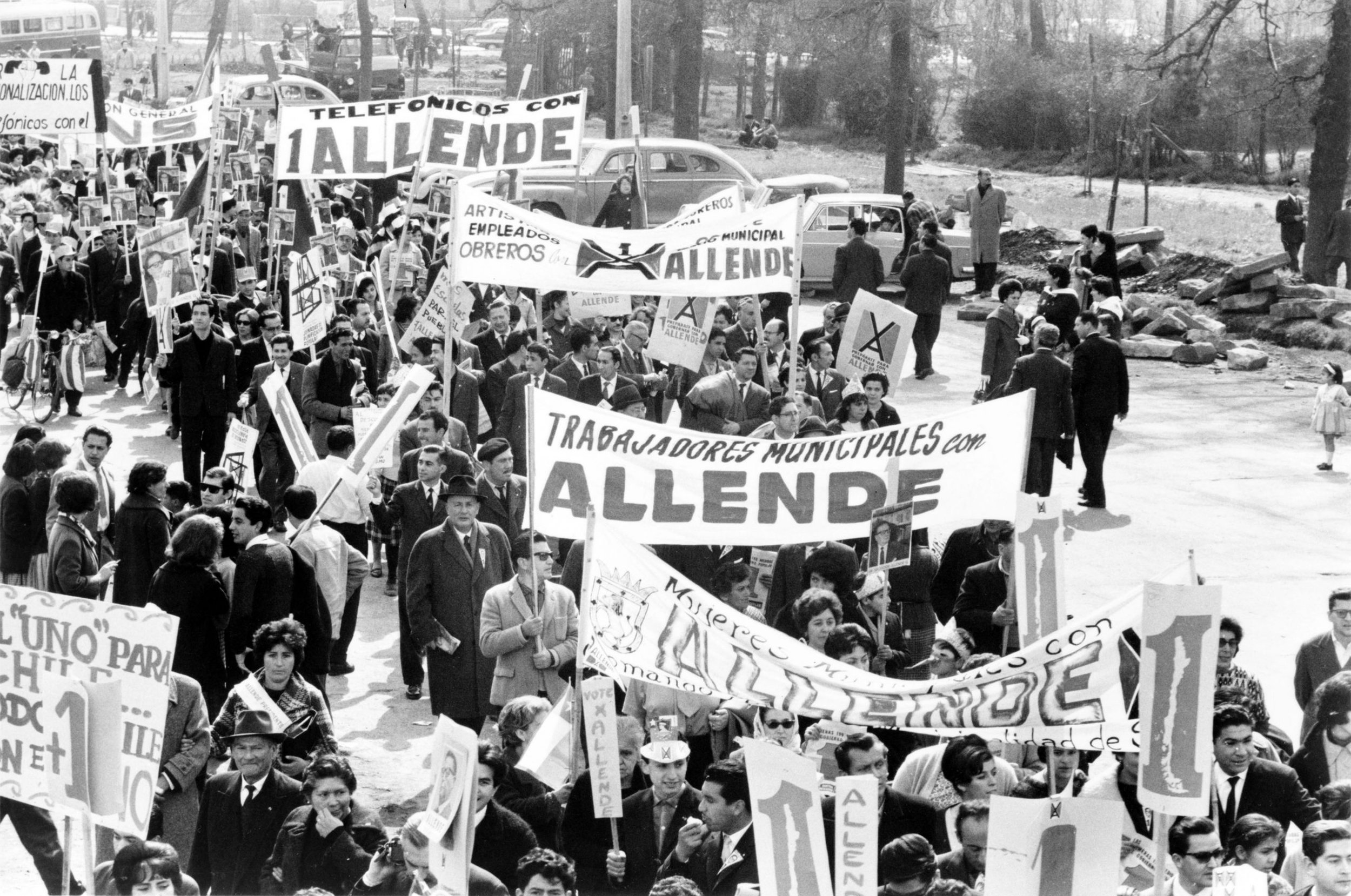
Worker Co-ops: Solving Societal Problems
Five years ago Equal Exchange started our Citizen-Consumer work to invite our supporters more deeply into our model, to build a community that is working toward a better food system, and to further develop our democratic brand. Read one of the many stories that Sue could tell you about her life as an activist and how her heart came to be touched by the work of Equal Exchange.
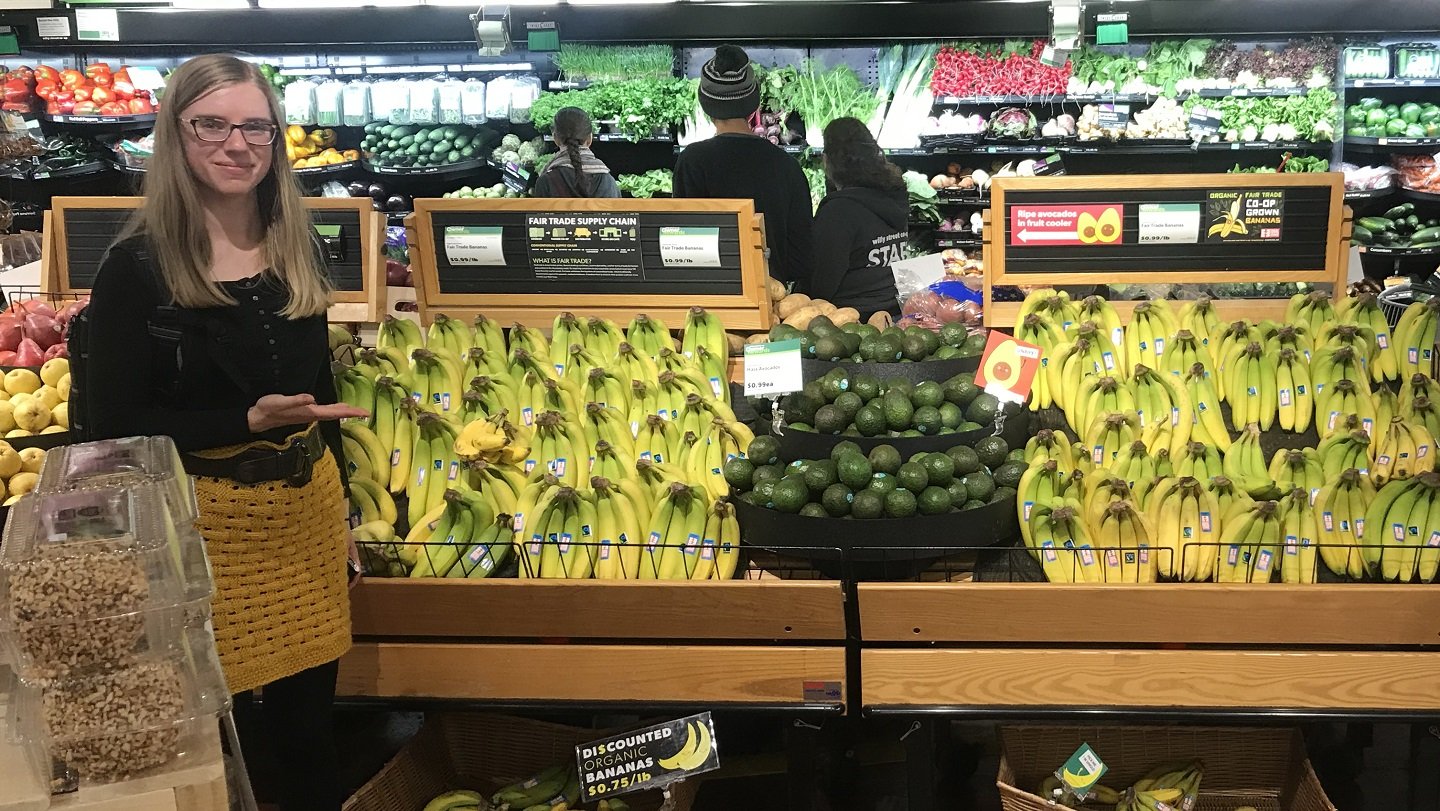
Fighting TR4 at Your Grocery Store: A Consumer Action Guide
Part Three explores how you and your grocery store can contribute to the fight against TR4 with six actions to take.
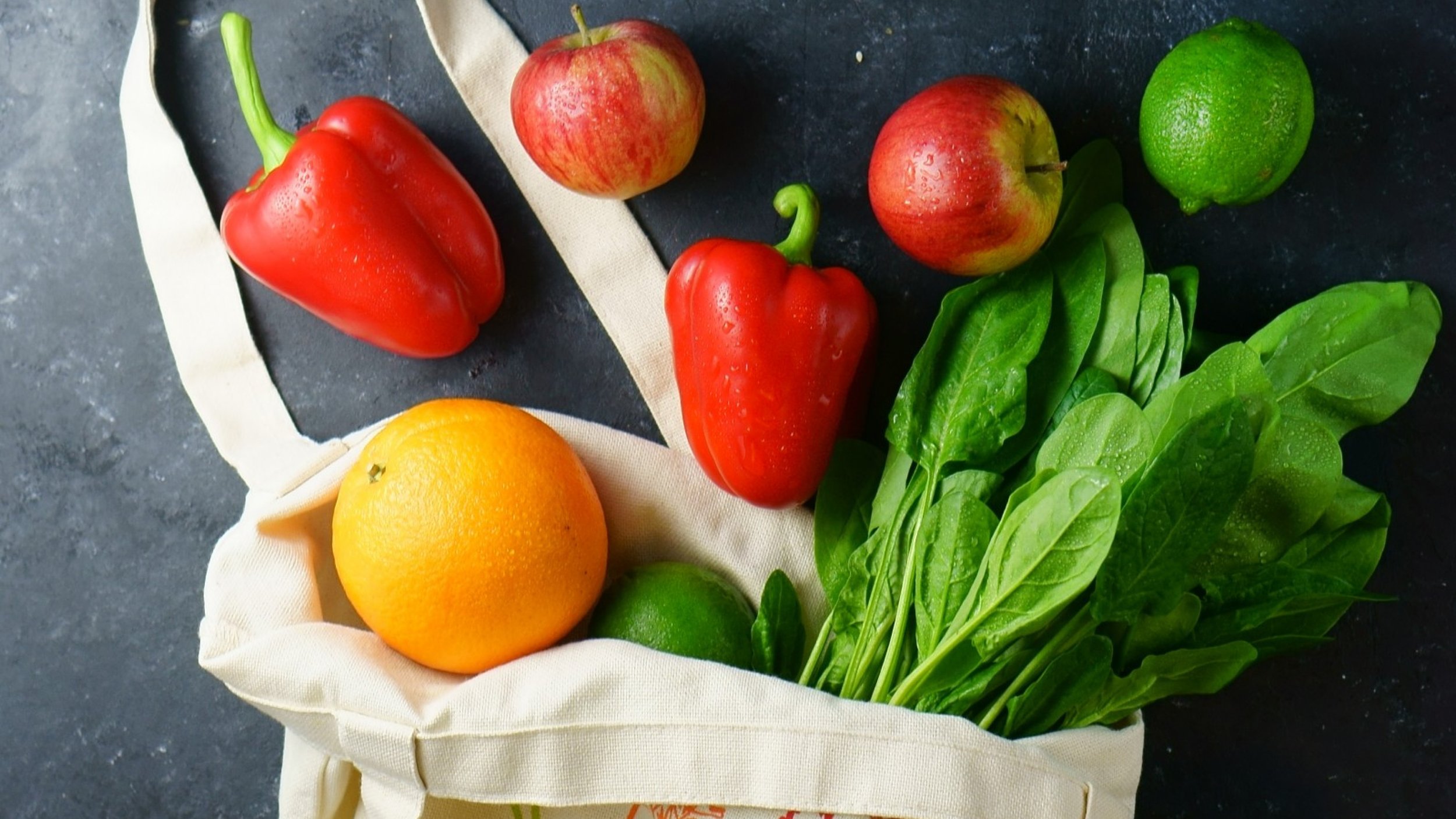
The Citizen-Consumer Dilemma: Part Two Continued
In Part One of the Citizen-Consumer Dilemma series, we described key problems we need to address, challenge and solve if we want to create a just food system. In Part Two, post one, we dug into the successes and failures of Fair Trade and Certifications as food system reforms. And now, we look to Food Co-ops and Boycotts.

The Citizen-Consumer Dilemma: Part Two
Fortunately, there have been movements and models that have attempted to address, challenge and change food system problems and create food justice, solidarity, and authentic citizen-consumer actions. Over the next two posts, we will examine and analyze four different reforms spawned by these movements.
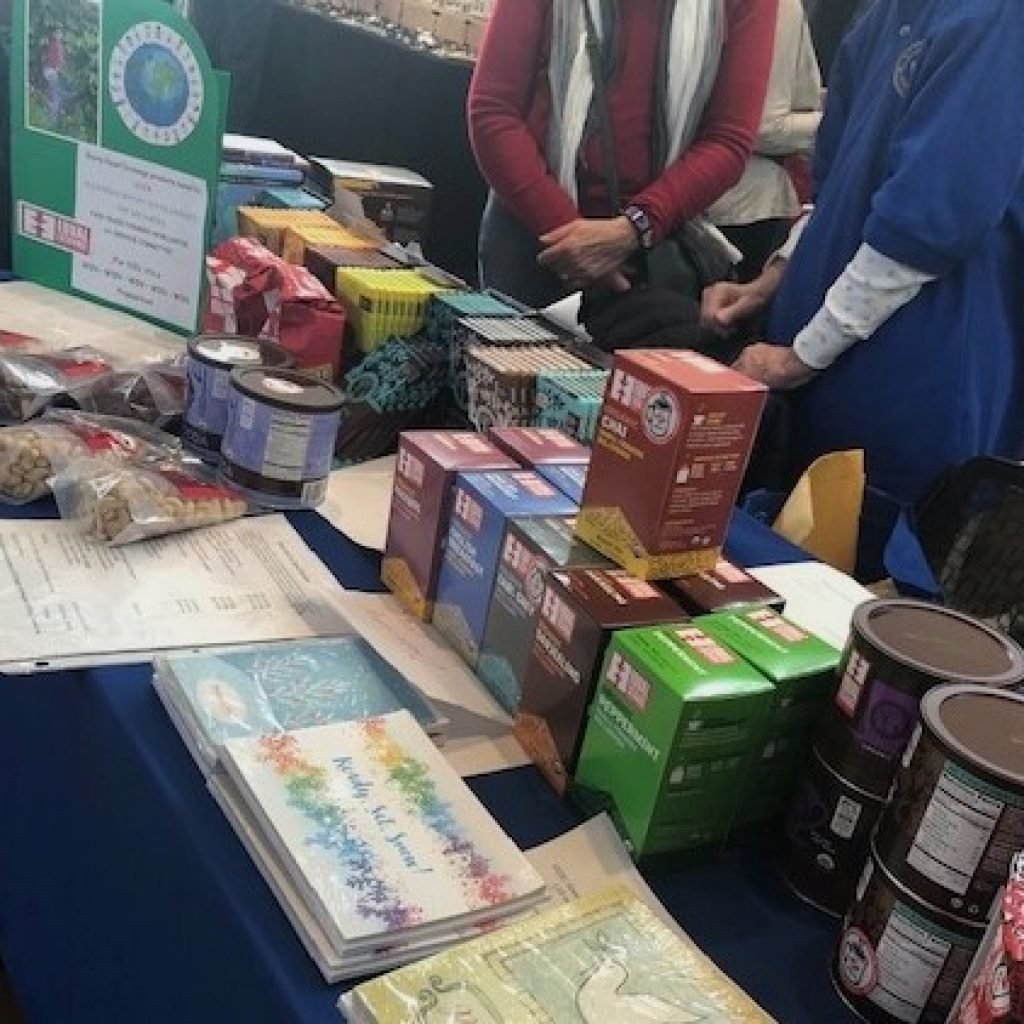
Sara Anderson: Coordinator Extraordinaire at UU Church of Arlington
Sara Anderson, a member of the UU Church of Arlington, VA shared the story of how her church community got involved with fair trade and how they use the profits from their Equal Exchange sales in a tremendously giving way.
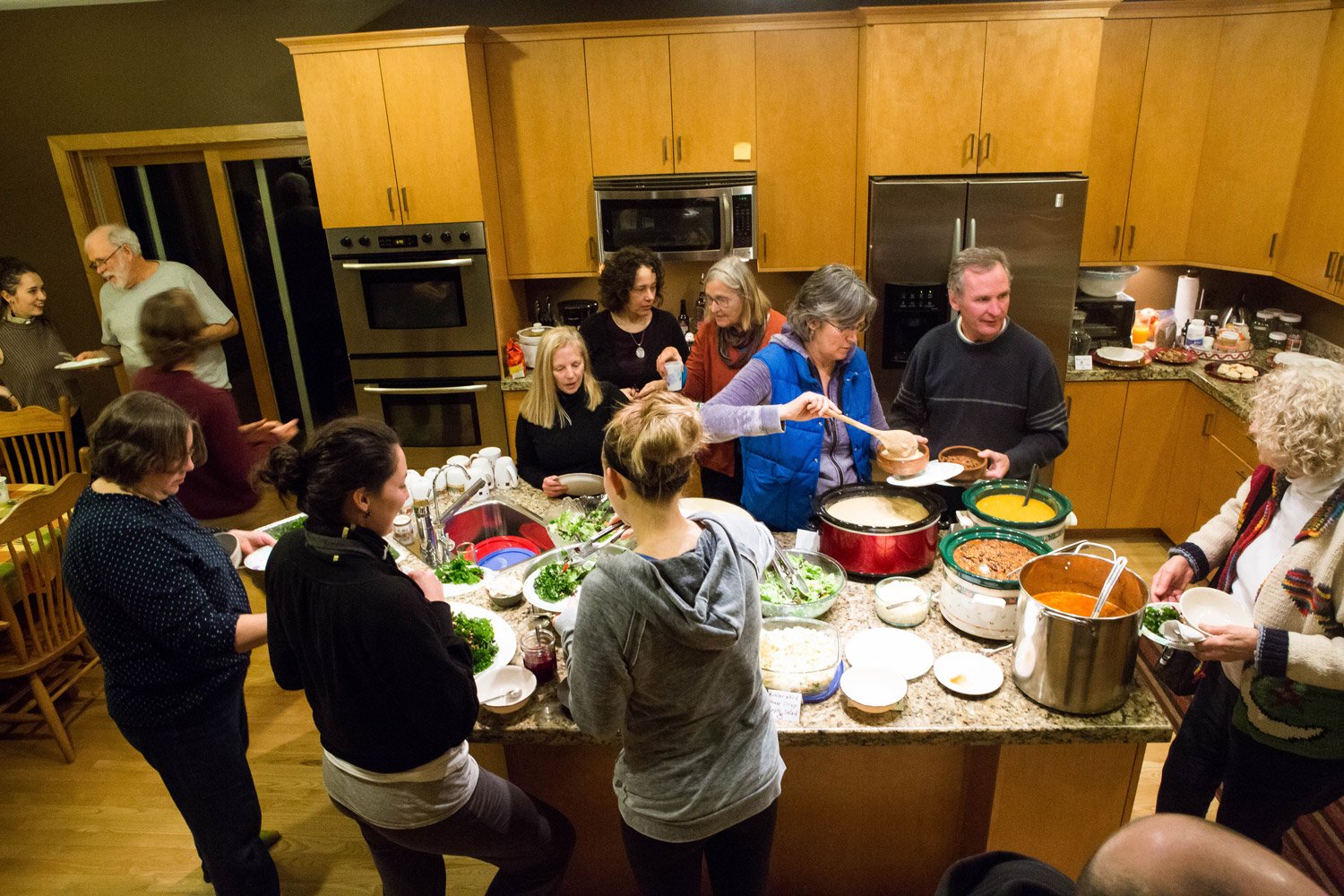
A Conversation with Edith Stacey-Huber
Edith Stacey-Huber is passionate about food. She is the creator of the food buying club Authentic Provisions just outside of Ann Arbor, Mich. Authentic Provisions aims to reconnect people in the community to the food, land, and farmers who sustain them, through collective purchasing outside of the corporate food system.

